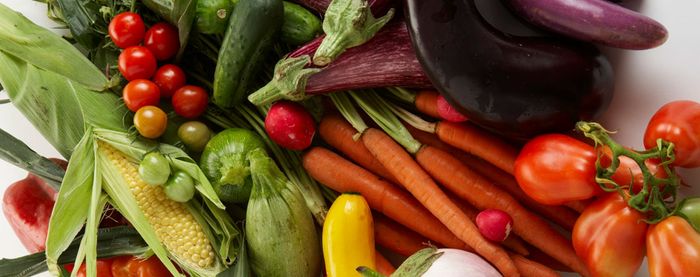How to Care for Arugula
Don’t let flea beetles munch on these spicy greens
Welcome to Homegrown/Homemade, a video series from FineGardening.com. We’ll be following a gardener (Fine Gardening executive editor Danielle Sherry) and a cook (Sarah Breckenridge) as they plant, maintain, harvest, store, and prepare garden vegetables. If you’re new to vegetable gardening, you’ll find these videos very helpful. In this video, the topic is arugula.
Episode 2: How to Care for Arugula
If flea beetles are eating your arugula (they leave distinctive little pinholes in the leaves), you can protect your plants in one of two ways. Diatomaceous earth scattered over the leaves will kill all soft-bodied insects (beneficial as well as harmful); if you decide to use it be sure to the product is labeled “food safe” if you have small children or pets. A less toxic alternative is to cover the rows with Reemay, a fabric that keeps out insects but allows light and water to pass through. Drape it over the plants and pin it in place.
Episode 1: How to Plant Arugula
Arugula is a spicy green that grows best in cool weather. The best variety for cooking is common arugula; wild arugula, which is said to have a more intense flavor, can be stemmy. Arugula seeds can be direct-sown into the garden in shallow rows spaced 3 to 4 inches apart. Cover with 1/2 inch of soil, and water well.
Episode 3: How to Harvest Arugula
There are three ways to harvest arugula: graze, cut, or pull. Grazing means pinching a couple of leaves off the plants, leaving the rest to grow. You can do this early in the season, as soon as the leaves are a couple of inches long. Later, you can cut up to 1/3 of the plant with a shears. As with grazing, the plants will grow back. The third option is pulling out the entire plant. Do this toward the end of the season, when the plant elongates and flowers begin to form (bolting). To keep wilting to a minimum, don’t pick in full sun.







Comments
Log in or create an account to post a comment.
Sign up Log in